Bee Supplies Minnesota
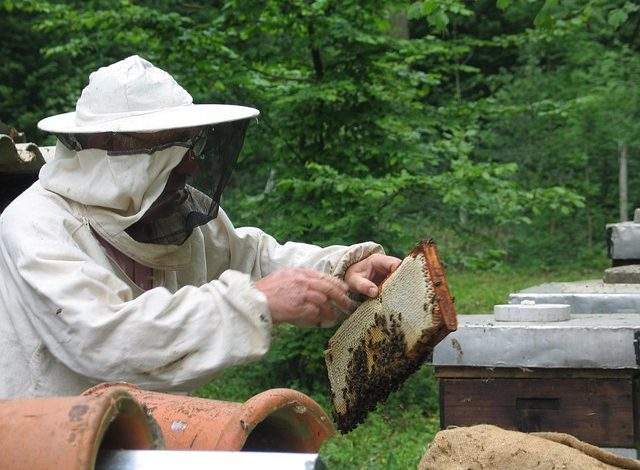
No matter where you are looking for beekeeping supplies in Minnesota , we’ve got you covered.
It is estimated that there are more than 108,000 bee colonies in Minnesota, producing over 6 million pounds of honey. The average yield per colony averaged 55 pounds, according to the latest statistics.
The economic value to the state is over $10 million.
Honey Bee Pollination
Some of the crops pollinated by honey bees in Minnesota include: almonds, apples, blueberries, nuts, vegetables, fiber crops and more…
Beekeeper Supplies in Minnesota
Typical beekeeper supplies needed in Minnesota include:
Beekeeping Woodenware
The most popular bee hive in the US is the 10-frame Langstroth hive, originally patented in 1852. This hive, for over 170 years, has been the industry standard.
The hive components include:
- Hive body
- Bottom board
- Honey super
- Frames
- Inner cover
- Hive cover
Beekeeper Protective Clothing
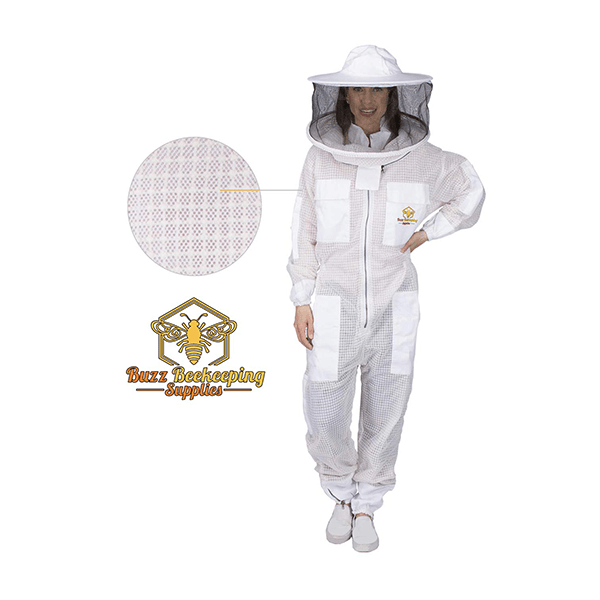
The most common protective gear for beekeepers include:
Beekeeping Suits
Both canvas beekeeping suits and ventilated bee suits are available.
Beekeeping Jackets
Canvas bee jackets and ventilated bee jackets are available.
Beekeeping Gloves
Goatskin bee gloves and cowhide bee gloves are available.
Many times, you can purchase a combo pack of a bee suit and bee gloves at a discount.
Please note: Your beekeeping suit or beekeeping jacket should come with a veil included.
Beekeeping Equipment and Tools
Here is a list of some common beekeeping tools:
- Hive tool
- Hive smoker
- Queen marker
- Bee Brush
- Hive feeder
- Entrance reducer
The state association is Minnesota Honey Producers Association.
Where to buy bees and nucs in Minnesota?
One of the best places to purchase queen bees, packaged bees and nucleus hives (nucs) is your local bee club.
Here is a list of local bee clubs in Minnesota :
- Honey Bee Club of Stillwater
- Minnesota Beekeepers
- Minnesota Hobby Beekeepers Association
- North Central Minnesota Beekeepers
- Northeast Minnesota Beekeepers Association
- Southeast Minnesota Beekeepers Association
- Tri-County Beekeepers Association
Beekeeping in Minnesota
The Minnesota Department of Agriculture regulates the apiary industry.
Minnesota beekeepers who transport bees to other states may be required to have their colonies inspected. The MDA provides apiary inspections for a fee of $50.00 plus mileage costs.
Minnesota Beekeeping Laws
The beekeeping laws in Minnesota can vary, depending on which city or county you reside or keep bees.
Honey Varieties in Minnesota
There are four main types of honey produced in Minnesota :
- Basswood honey
- Buckwheat honey
- Clover honey
- Dandelion honey
- Goldenrod honey
- Wildflower honey
Selling Honey in Minnesota
Do you need a license to sell honey in Minnesota?
Beekeepers that sell their own honey do not need to register with the MDA, as honey is a ‘product of the farm,’ and thus exempt from licensing under M.S. 28A.
Honey Labeling Requirements
If you are producing, collecting, or creating food products that you plan to package and sell, there are specific labeling requirements that you must follow.
The Minnesota Food Code requires prepackaged food available for self-service to be labeled with:
- The identity (name of food)
- Net quantity of contents
- Ingredient list – including major food allergens
- Business name and address
- Nutrition facts
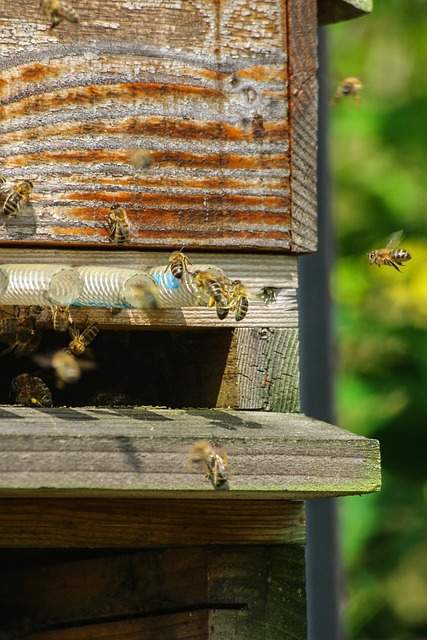
FAQ
Can bees survive winter in Minnesota?
Yes, of course. Honeybee colonies survive the winter every year in Minnesota. During the summer the bees forage for pollen and nectar and by fall have set aside a large amount of honey and pollen to survive the winter season.
Are honey bees protected in Minnesota?
The Minnesota Department of Agriculture (MDA) will enforce the law which is designed to protect pollinators, such as honeybees, from exposure to systemic insecticides.
How many bees are in Minnesota?
Minnesota has more than four hundred native bee species, including twenty-three native bumble bee species.
Is beekeeping legal in Minneapolis?
Yes, beekeeping was legalized in 2009, after being banned for more than 30 years.
Beekeepers must apply for a honeybee permit to keep bees. Yards must be fenced and receive consent from all neighbors within 100 feet of their property.
Can I have a beehive in my backyard?
Yes, many non-commercial beekeepers locate their hives in their backyards. Just follow the rules and regulations (and be considerate of your neighbors).
How many acres are required for beekeeping?
Usually, 1 to 2 acres of land is adequate. Some beekeepers even have their colonies located on half-acre lots.
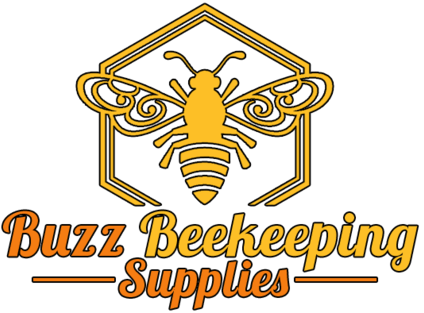
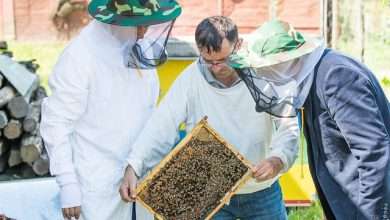
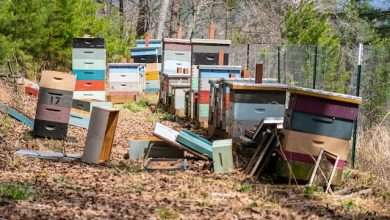
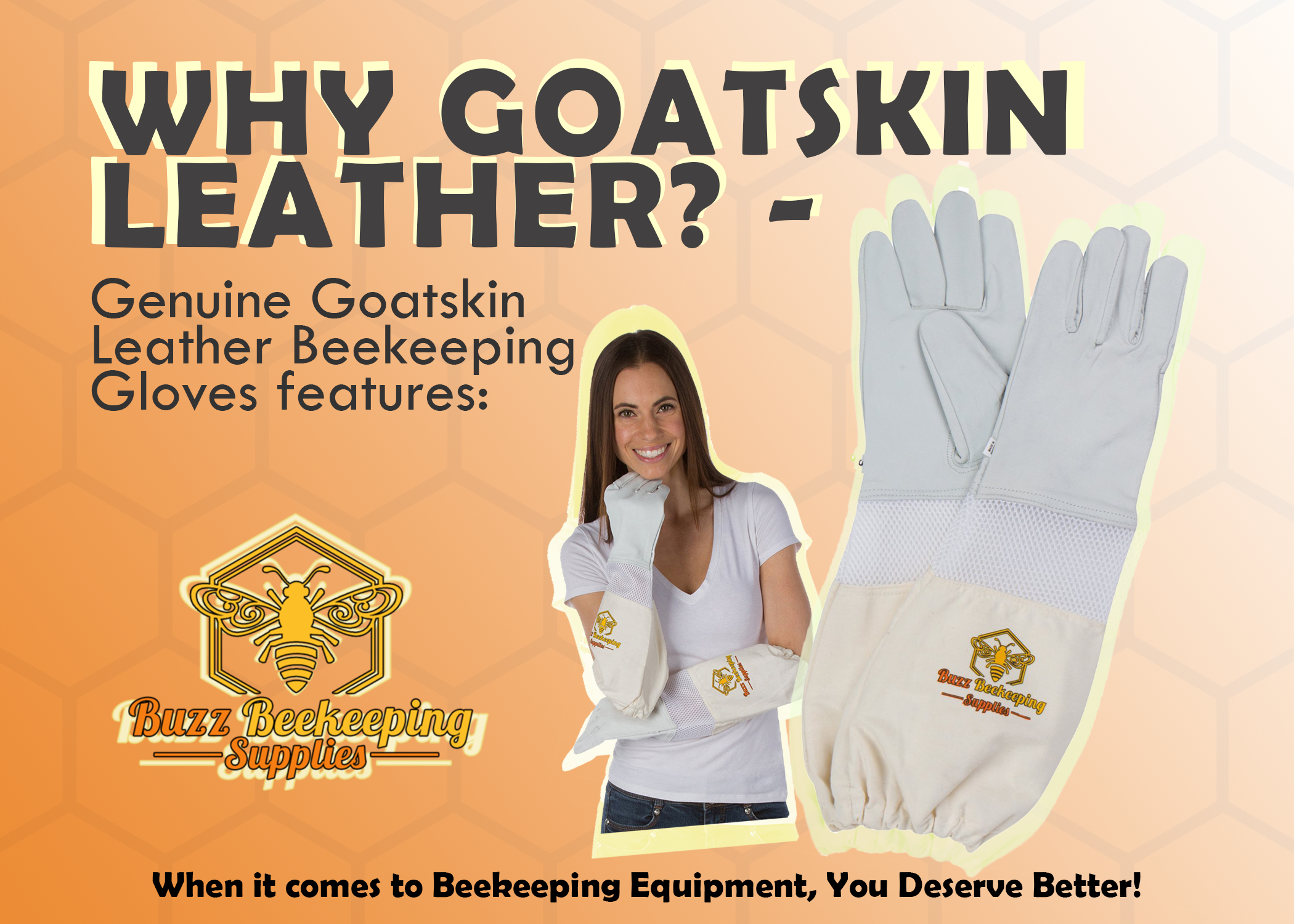
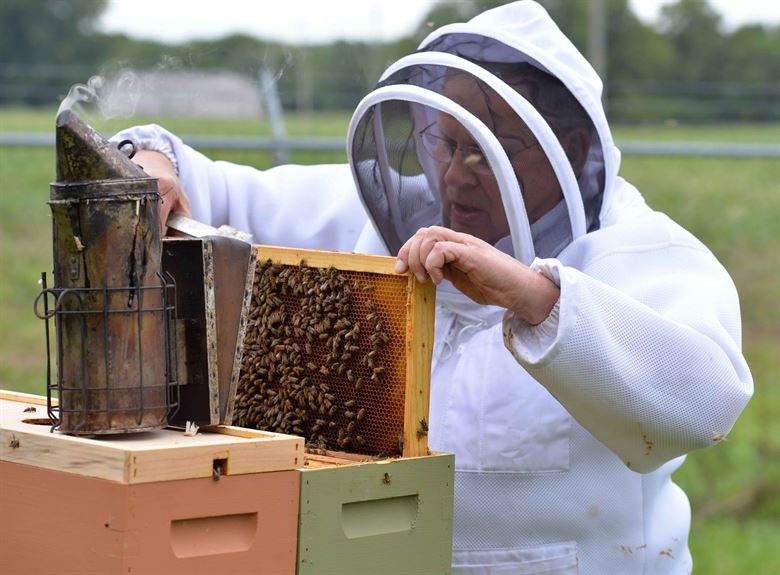
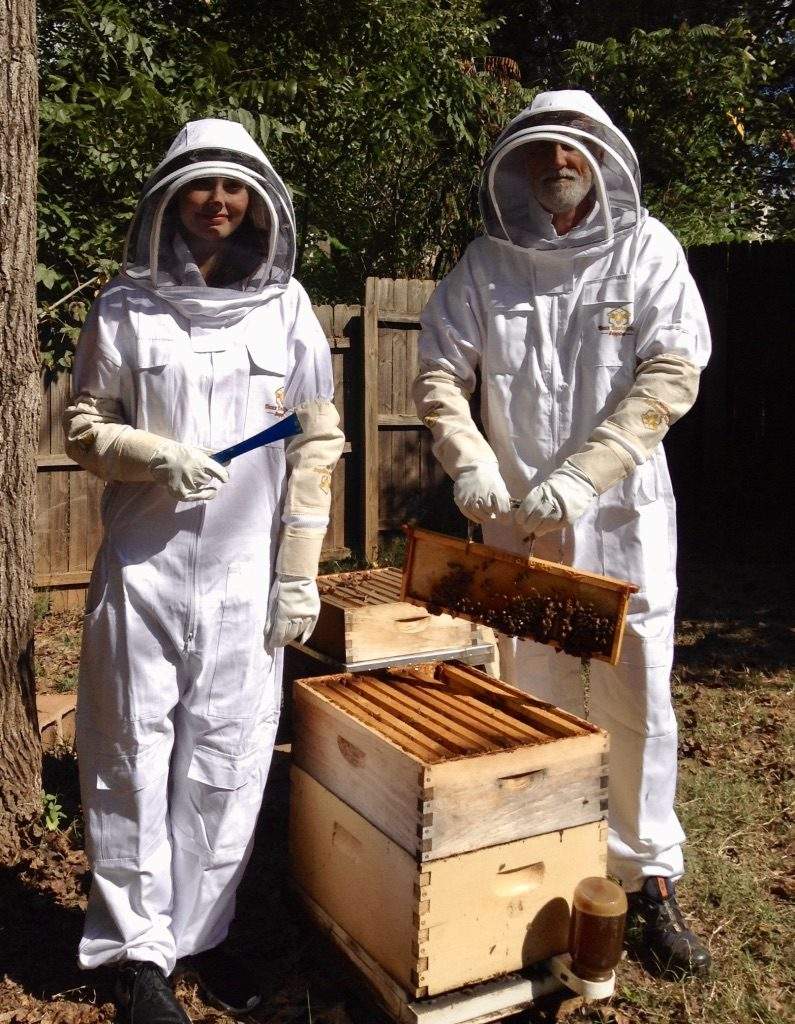
Do you have a store in Minnesota or Twin Cities that I could try on a bee jacket, vented? Or bee suit vented?
I am 6 foot 8 inches tall.
I seen Fred Dunn video and saw you and Guardian go larger sizes and I already tried Mann Lake and their 3 X is small.
Thank you
Mike
Hi Mike:
Sorry, we only sell on the web.
You would probably require a 3X.
Currently, we don’t have any left in stock.
Our next shipment is due to arrive in late May or early June.
We’d be happy to sell you a suit if you can wait.
Good luck, Jack